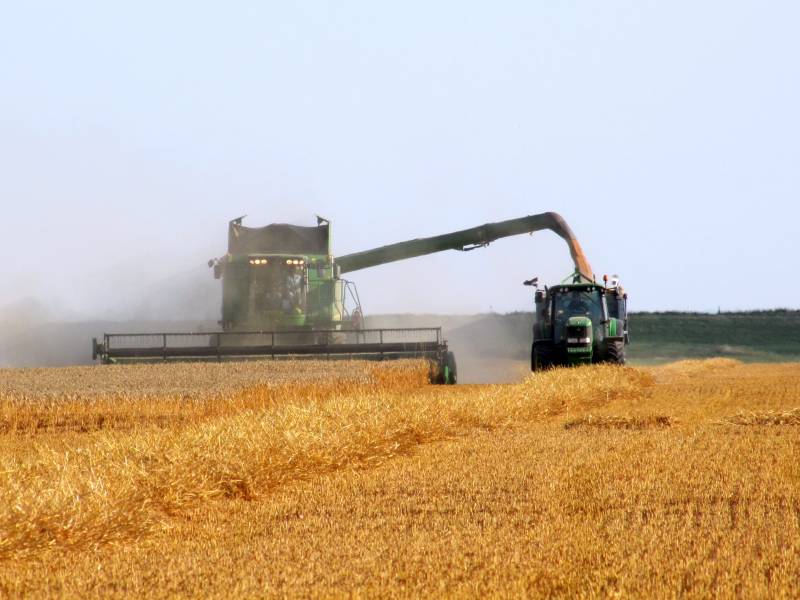
Latest Government figures indicate that farm incomes in the UK have grown, but this is only one side of the story when it comes to Brexit, according to an agricultural specialist.
The latest Government figures indicate that farm incomes in the UK have grown by up to 20 per cent during the last 12 months – mainly due to the fall in the value of Sterling and its impact on Common Agriculture Policy (CAP) Basic Payments.
Released by Defra, the figures also show an increased interest from overseas markets in ‘cheaper’ British produce as a result of weaker exchange rates, which also assisted farmers.
According to Defra, average profit for most farms in the UK during the last year was £38,000, an increase of 20 per cent on the £31,600 figure for the previous year.
The average basic payment, a subsidy paid by the Government to UK farmers from EU funding, was also up by 19 per cent – rising to £28,000.
Some sectors benefited more strongly from the weaker pound with specialist pig farmers seeing their average income increase by 167 per cent from £21,600 in 2015-16 to £57,800 in 2016-17.
Increased costs
However, other businesses in the farming sector did not gain as much, with horticultural enterprises seeing their income rise on average by just 29 per cent from £34,400 to £43,800.
Worse than that, around 20 per cent of cereal, dairy, lowland grazing livestock, mixed and poultry farms failed to make a profit at all in 2016-17.
Despite this surge in income amongst UK farmers, Paul Laird, a Director at accountancy firm The Fish Partnership has said that the weaker pound has also brought with it higher costs for fuel, livestock feed, transport and fertilisers, which have severely limited the scope of the current boom.
The average cost of agricultural production inputs has increased 4.92% in the past 12 months to September 2017, according to new figures.
'Unpredictable'
Mr Laird called the effects of Brexit "unpredictable", mainly due to the increase in costs.
“While many farms have enjoyed a boost in income as the result of a weakened pound – which has fallen in value by as much as 11 per cent against the dollar – they have also seen costs grow significantly,” Mr Laird explained.
“The next five years are likely to be even more uncertain, especially with potential trade tariffs and reductions in subsidies on the horizon, so it is essential that farmers make the most of the opportunities available to them now.”
